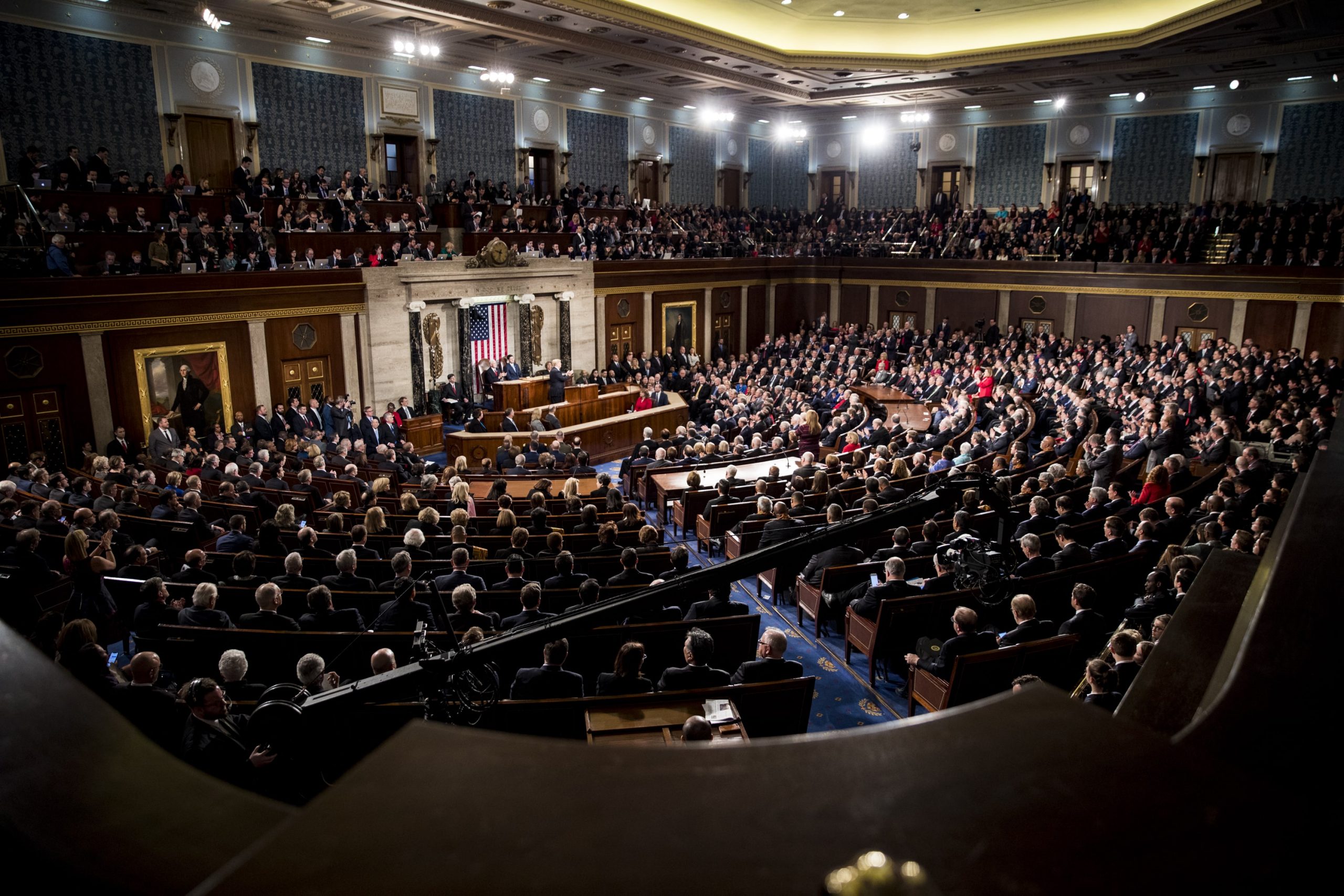The US Treasury issued new guidance with regards to sanctions under the Caesar Act. The Department justified its move to review the financial and economic sanctions by stating it was for the sake of easing COVID-19 assistance.
Sanctioned by the US administration in 2020, the new guidance exempts two Syrian companies named Letia and Polymedics. Known to have links with the regime, Letia and Polymedics will be allowed to conduct activity related to the “exportation, re-exportation, sale, or supply, directly or indirectly, of services to Syria that are related to the prevention, diagnosis, or treatment of COVID-19.”
The US Treasury stated that the sanctions under Ceasar Act cannot be extended to humanitarian aid concerning food and medicine. The decision to renew the license of Letia and Polymedics coincides with the lift of sanctions on two companies affiliated with Syrian businessman Samer Foz in early June.
The Treasury has said the removal of sanctions was due to “a change in behavior of the groups” on which sanctions were imposed. The new decisions that have been taken under guidance also coincided with the sixth round of the Vienna negotiations with Iran and Biden’s meeting with his Russian counterpart Vladimir Putin.
Congresspeople accused Biden of making concessions to both Iran and Russia. Republicans and Democrats united in their call for the US President to implement the Ceasar Act. They gave a draft resolution to the Senate, recalling that the goal of the Ceasar Act was to hold the regime and its international backers accountable for the crimes they committed and combat the use of financial resources that are used to support war efforts.














